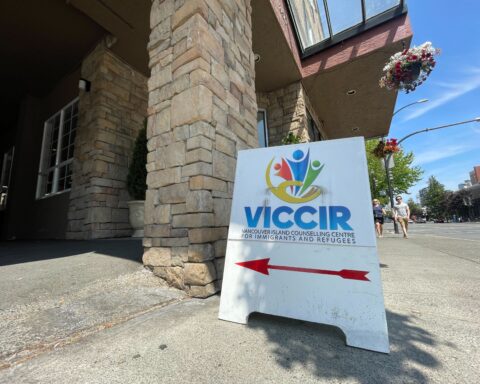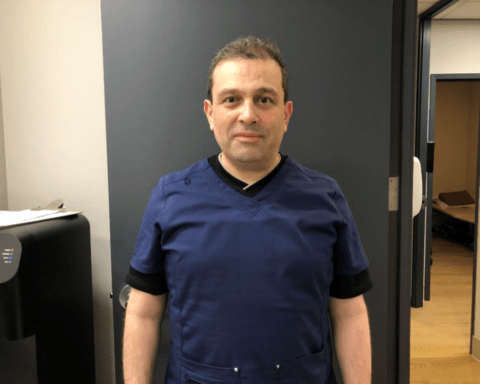Nineteen year old Sierra Dean never thought she’d be entering her 20’s forced to make abrupt health changes to save her life.
Newly diagnosed with Type 1 diabetes, Sierra is quickly learning about a disease that currently has no cure. Not only must she now give herself daily insulin injections, she must also watch her carb intake carefully and exercise.
Like others living with the disease, she would obviously love a life without injections.
During a year-long trial, 20 young adults who have been diagnosed with Type 1 diabetes within the last 100 days will be given an immune-modulating medication called ustekinumab, known commercially as Stelara.
That could all change with a new study launched this week by UBC and BCDiabetes, funded by JDRF-CCTN. Sierra is one of the first participants of a pilot clinical study to see if an existing drug normally used to treat psoriasis can curb or eliminate the need for insulin injections.
During a year-long trial, 20 young adults who have been diagnosed with Type 1 diabetes within the last 100 days will be given an immune-modulating medication called ustekinumab, known commercially as Stelara. Participants will receive either three or five injections of the drug.
Researchers are still looking for participants between the ages of 18 and 35 who were diagnosed with Type 1 diabetes within the last 100 days.
Sierra has received two doses so far. Like the researchers, she is keeping her fingers crossed.
Type 1 diabetes, also known as juvenile diabetes, is an autoimmune condition in which the immune system kills specialized cells in the pancreas that produce insulin. If left untreated, it can lead to kidney damage, blindness and amputated limbs.
Republished in partnership with Asian Pacific Post.




